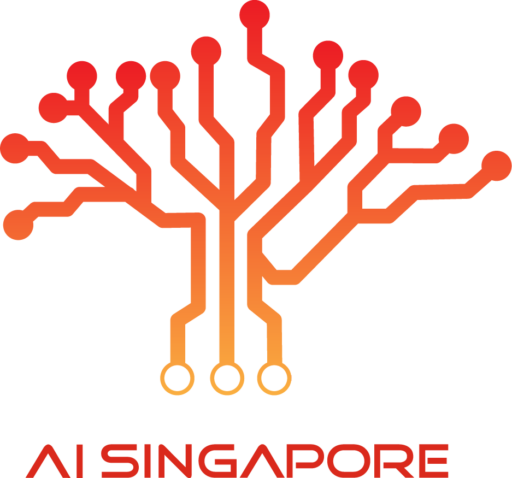
Intelligent Telephone Triage in Pre-Hospital
The project aims to address the rising demand of pre-hospital emergency care (PEC) service by developing an AI telephone triage buddy to assist emergency call-takers in achieving better triage performance in terms of accuracy and speed.
Target sector: Healthcare
Lead PI: Asst Prof Feng Mengling
Co-PIs
- Prof Ong Eng Hock, Marcus (Duke-NUS)
- Assoc Prof Chng Eng-Siong (NTU)
Collaborators
- Assoc Prof Kan Min-Yen (NUS)
- Dr Colin Tan (SCDF)
- Assoc Prof Lu Wei (SUTD)
- Leong Sieu-Hon, Benjamin (NUHS)
- Chia Yih Chong, Michael (NHG)
- Ngiam Kee Yuan (NUHS)
- Assoc Prof Liu Nan (Duke-NUS)
Host Institution: National University of Singapore (NUS)
Industry Partner: Singapore Civil Defence Force (SCDF)
Problem Scope
Rising demand of PEC service has been observed in Singapore and across the world, represented by increasing numbers of emergency calls, prolonged ambulance response times and overcrowding at the Emergency Departments (EDs).
To reduce the strain on the PEC system, it is important for emergency call centres to conduct fast and accurate telephone triage (TT) to distinguish between (i) time-sensitive and high-acuity cases, and (ii) low-acuity cases, so that respectively, they can be better prioritized for PEC or diverted to alternative care pathways (ACPs) to avoid unnecessary usage of PEC.
However, emergency call-takers often have difficulty gathering necessary information and deciding the acuity of a case, even with protocols to guide them. Potentially valuable information such as existing medical conditions, clinical risk factors, previous call history of the patient, out-of-protocol answers and linguistic cues.
The performance of TT in PEC across many countries (including Singapore) can be improved if such information can be utilized more effectively.
Design Approach
We will develop an artificial intelligence (AI) buddy to assist our call-takers in achieving better triage performance with a data-driven approach using machine learning and deep learning-based natural language processing models.
Powered by our Medical Automatic Speech Recognition (MASR) agent, the AI assistant will be able to (i) extract and highlight important information on the patient and caller, to the call takers – this includes patient’s relevant medical history, existing drug prescriptions and caller’s emotional state, and (ii) recommend to the call-taker what other important information to gather from the caller for an accurate triage, and (iii) providing a recommendation on the patient’s triage with an indication of the AI’s confidence level.
Potential Impact/Benefits to Target Sector
We aim to reduce the over-triage rate of our TT system by 25%, while maintaining the existing under- triage rate. Less resources dispatched because of over-triaging will allow us to reserve the PEC resources for real emergent cases and to ensure that those patients receive help within the shortest time.
This will contribute to Singapore’s long-term healthcare goal of “Beyond Hospital to Community”, with valuable medical resources being more efficiently allocated.

